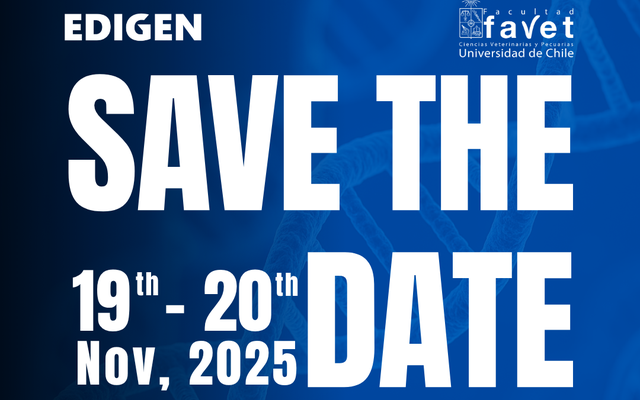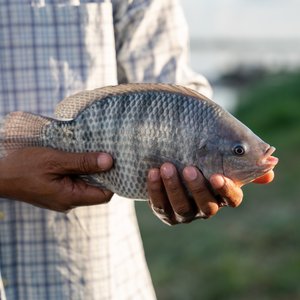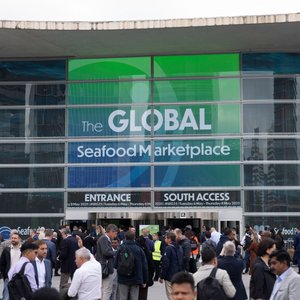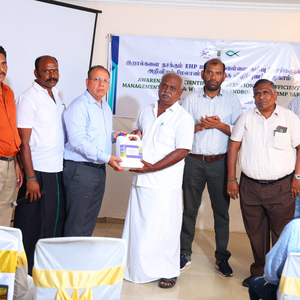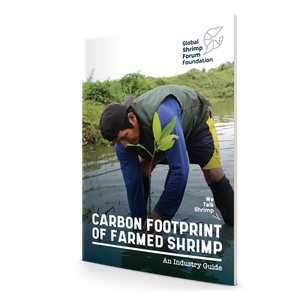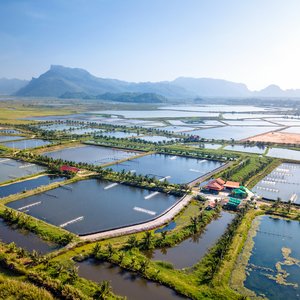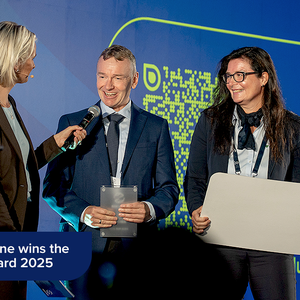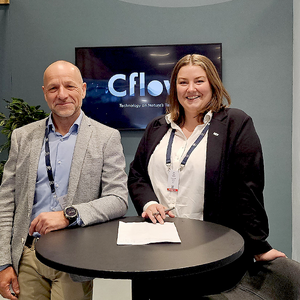The University of Chile’s EDIGEN initiative is organizing the 1st International Meeting on Gene Editing in Aquaculture to promote discussion and dissemination of the latest advances in functional genomics, precision genetics, gene editing, and other new genomic techniques (NGTs) in aquaculture species.
The meeting, which will take place on November 19-20 in Puerto Varas, Chile, will feature leading national and international experts in gene editing, including guest speakers: Alison Van Eenennaam, Cooperative Extension Specialist in Animal Genomics and Biotechnology at the University of California-Davis (United States); and Nick Robinson, researcher at NOFIMA (Norway) and leader of the CrispResist initiative, which aims to generate Atlantic salmon with greater resistance to sea lice using the coho salmon genomic base.
The conference, which seeks to bring together researchers, public sector organizations, students, technology-based companies, and aquaculture producers, will serve as a key platform for presenting current research on gene editing in aquaculture species, as streaming and simultaneous translation services will be available for those who wish to attend online.
Registration is open both to participate as an attendee and submit an abstract with research results, regulatory experiences, or commercial evaluations. The abstract will be reviewed and considered for presentation in poster or oral format. Deadline for submitting abstracts is September 26.
“Gene editing is a technology with transformative potential for the competitiveness, efficiency, and sustainability of aquaculture. However, its responsible adoption requires an updated regulatory framework, open discussion, and the active participation of all ecosystem stakeholders. It is essential that future regulatory and production decisions be based on solid scientific evidence and cutting-edge knowledge. In this context, the 1st International Meeting on Gene Editing in Aquaculture will not only be a space to present the latest scientific advances, but also a key opportunity to articulate visions from academia, industry, and the public sector”, said José Manuel Yáñez, Dean of the Faculty of Veterinary and Animal Sciences (FAVET) at the University of Chile and director of the EDIGEN initiative.
Yáñez, who is also an academic and researcher in aquaculture genomics and genetics with extensive experience, calls on the national and international scientific community to submit their abstracts and participate in this meeting, noting that “it will mark a milestone in the conversation about biotechnology and the future of production from the global south”.
The following topics will be addressed at the meeting: genome-wide association studies and candidate genes; structural variants and pangenomes; fundamentals of CRISPR-Cas9 and other genetic editing tools; case studies of in vitro and in vivo gene editing; microbiome genetic engineering and precision breeding; regulatory and bioethical challenges related to NGTs; risk and benefit assessment of NGTs; commercial aspects and market scenarios; applied bioinformatics tools; and consumer perception and traceability of their derived products.
There is a special membership fee to attend the international congress until October 18. For more information, visit edigen.uchile.cl or contact edigen-favet@uchile.cl.


